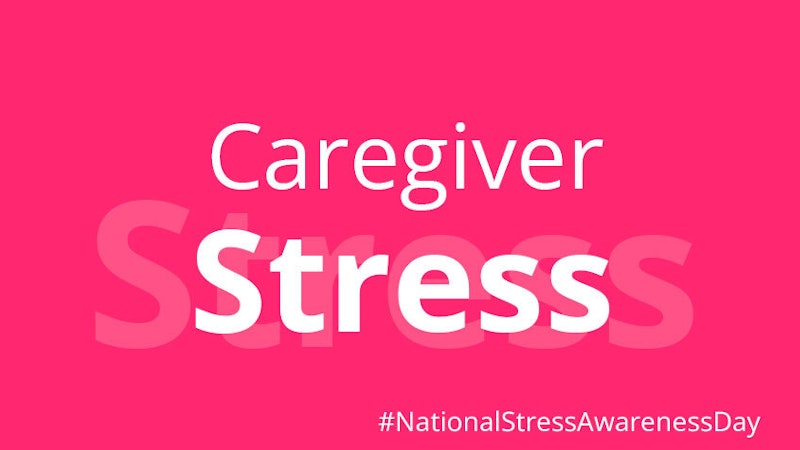
Caregiving is one of the most emotionally and physically demanding things anyone can go through. Family members and friends who provide care to individuals with chronic illnesses, disabilities, or older adults can experience high levels of stress due to the demands of caregiving. While a family member or friend being sick is hard on its own, needing to be strong, step up and take responsibility for another person and their needs doesn’t leave much time for self-care and can often lead to burnout and stress-related illnesses.
What are the signs of caregiver stress?
Stress can affect different people in different ways and sometimes be difficult to spot. Many caregivers who suffer from stress may get frustrated with themselves or feel they aren’t doing a good job looking after their loved one, not realising that stress is making it difficult for them to provide care.
Some of the symptoms of stress include but are not limited to:
Feeling overwhelmed
Feeling alone, isolated, or deserted by others
Sleeping too much or too little
Gaining or losing a lot of weight
Feeling tired most of the time
Losing interest in activities you used to enjoy
Becoming easily irritated or angered
Feeling worried or sad often
Having headaches or body aches often
Stress shares many similarities and symptoms with anxiety and depression, studies have shown stress contributes to these other mental health disorders. Caregiver stress can also lead to other health issues, such as problems with being able to pay attention, which can also put the person being cared for at risk of receiving the wrong medicines or routines getting switched around. Many symptoms of stress carry long-term health risks which may affect you throughout your life such as heart disease, cancer, diabetes, or arthritis.
How can I relieve caregiver stress?
Being a carer to a loved one or friend is stressful, so please be kind to yourself. Here are some ways you can help to relieve stress:
Seek Support: You don't have to do it all alone. Reach out to family, friends, or support groups for emotional support and assistance with caregiving tasks.
Respite Care: Arrange for respite care, where a substitute caregiver takes over for you temporarily. This break can provide you with the opportunity to relax, recharge, and attend to your own needs.
Self-Care: Prioritize your own health and well-being. Make time for self-care activities, such as exercise, meditation, hobbies, or simply taking a short walk.
Get Professional Help: Consult healthcare professionals, social workers, or therapists to seek guidance and support. They can offer advice on managing specific health conditions and provide emotional support for caregivers.
Consider Home Care Services: Explore professional home care services that can provide assistance with tasks like bathing, dressing, and meal preparation, allowing you more time for yourself.
Making time for yourself is a huge part of dealing with stress. If you feel like you could benefit from a pair of extra hands or just want to explore that option, take a look at care providers within your area who will be extremely happy to help.
